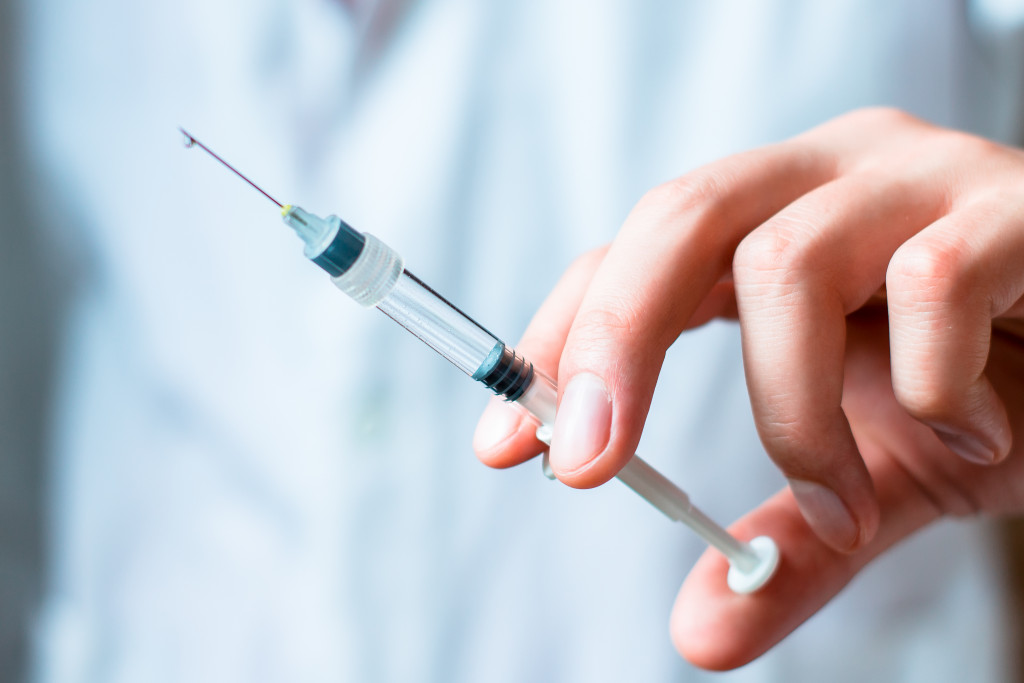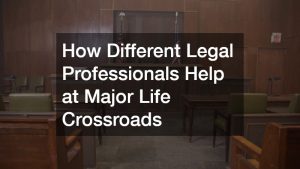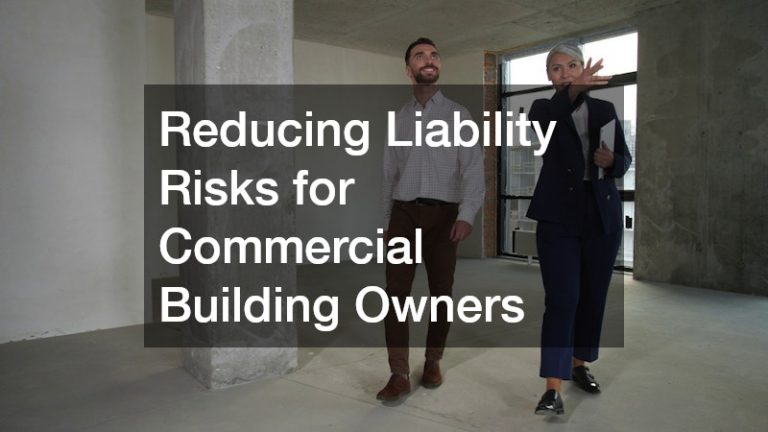The United States has seen the number of cases go down from the peak of over 400,000 in January 2021 to less than 20,000 a day by June. It is an incredible achievement driven largely by the rapid and wide distribution of vaccines against COVID-19. However, recently, experts, including Dr. Anthony Fauci, warned that the United States may never reach herd immunity. An integral factor that is preventing the nation from eradicating the virus that was first detected in Wuhan, China in late 2020 is vaccine hesitancy.
There are many reasons why people become reluctant to vaccinate themselves or their children. Some have grown to distrust the institution of medicine because of historical and ongoing mistreatment. Others, of course, are victims of misinformation that they saw on social media or shared with them by friends and family.
The World Health Organization already warned that vaccine hesitancy is one of the top threats to global health. The refusal to get a vaccine or have their children inoculated has led to disease outbreaks in the past. Measles, an infectious disease that has been eradicated from the United States in 2000 through vaccination, has re-emerged in recent years, recording 1,282 cases in 2019. Experts have been warning that smallpox, which was declared eradicated by WHO in 1980, might also return.
Why Herd Immunity is Important
Herd immunity is the measure in which members of the community have received immunization either from a previous infection or vaccine. Because people are immune, infectious diseases are unlikely to spread, even among those who have not been vaccinated.
This is why getting vaccinated to achieve herd immunity is necessary. Some people cannot take the vaccines because they are immunocompromised, are moderately or severely ill, or allergic to an ingredient used in the drug. They rely on, instead, their community to protect them from infectious diseases.
Experts estimate that about 60 to 70 percent of the population should have immunity against the disease to reach herd immunity.
If herd immunity is not achieved, the likelihood that a vulnerable individual encounters an infected person grows higher. They are more likely to get sick, and because of their condition, they may develop more serious symptoms and become hospitalized.
So, how can a community improve vaccine intake, especially now that vaccine hesitancy is threatening to prevent the United States from eliminating COVID-19?
Inform Those Who Want to Be Informed
A lot of people are hesitant to take the vaccine because they do not understand it. If they do not understand, they become more susceptible to misinformation.
Vaccines that are released to the market for wide use are safe. It is thoroughly assessed for safety and efficacy through multiple tests. Just like medications, it goes through in vitro drug testing. If that proves successful, it moves on to animal trials. If it continues to yield immunity without life-threatening side effects, it moves forward to three to four stages of clinical human trials.
To enlighten apprehensive individuals, explain the vaccine, its safety and efficacy, and the benefits they can gain from it in terms that they understand. Share articles from reputable sources to fight misinformation.

Be Transparent about Known and Unknown Risks
There is no point in hiding risks. All vaccines can have side effects and will not provide 100 percent protection. Being honest about the risks is part of providing factual information. If they are aware, they will not be surprised or feel lied to if they hear another person experiencing an adverse reaction from a vaccine.
Tell them what they might experience after inoculation. A common side effect is muscle soreness, dizziness, body pains, nausea, tiredness, and even fever. Knowing the risks could save their lives because they would know that they need to go to the hospital to get checked when they experience a serious side effect.
Share Positive Experiences
People might become willing to get the vaccine if they know someone who had it and turned out fine.
Telling them to get the vaccine will not be sufficient to convince them. Share to them that you had it, that your loved ones were also inoculated, and prominent individuals in the community were also vaccinated. Doing so will increase their trust in the vaccine.
Tell Them Why They Need to Get the Vaccine
Communities typically want to protect their vulnerable members. If they know that getting the vaccine can protect their friends and family from catching an illness and dying from it, they will be more receptive.
The community must band together to protect one another, especially from COVID-19, which has claimed the lives of millions of people worldwide. However, much work is needed to dispel misinformation and to convince everyone to take the shot.







